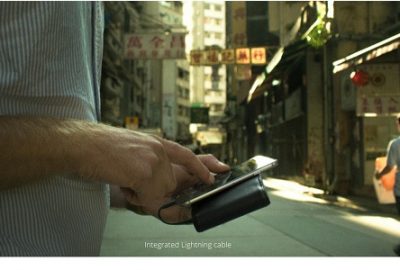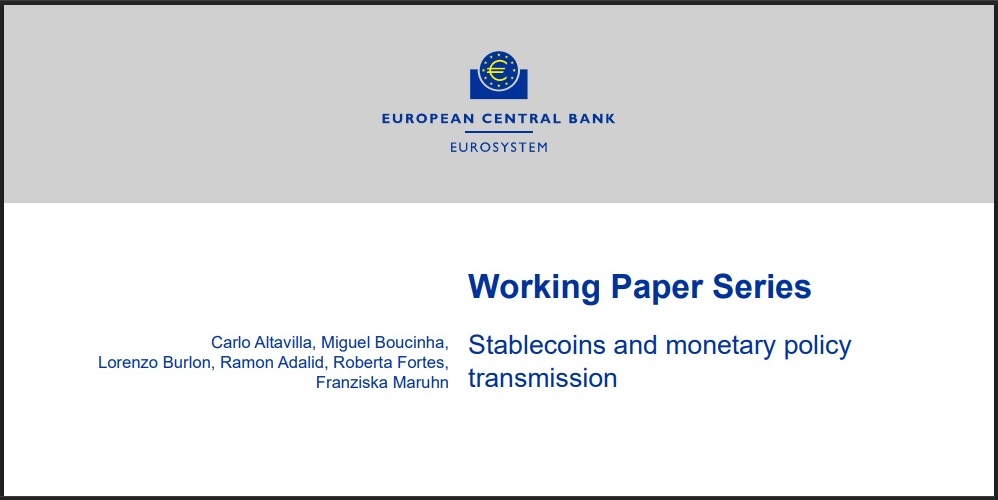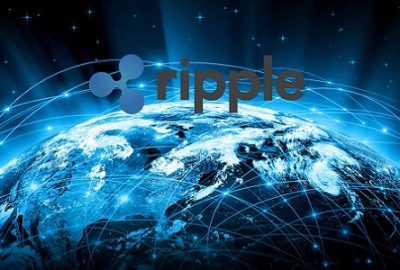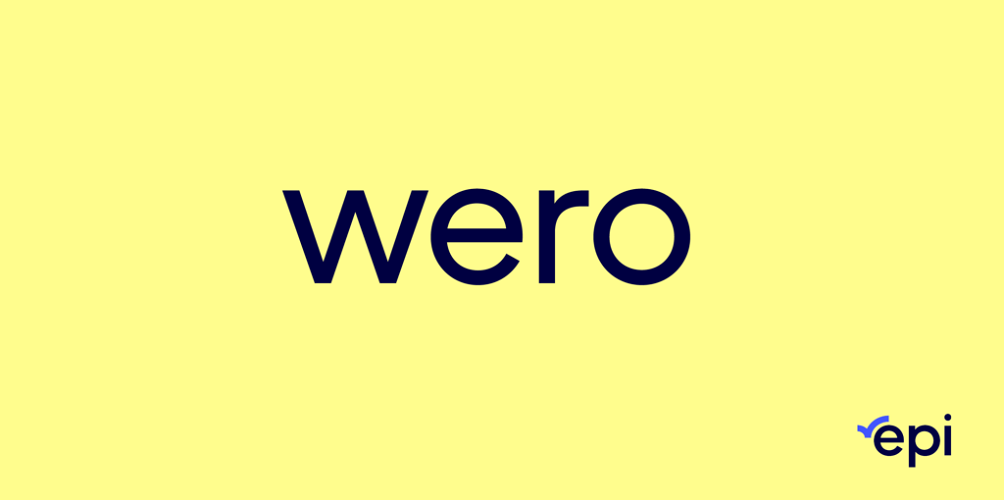Mitigating fraud by digitising global trade – Swift successful trials electronic bill of lading interoperability model

In collaboration with BNY Mellon, Deutsche Bank and four electronic Bills of Lading (eBL) platforms, Swift „successfully tested an interoperability solution capable of enabling the widespread use of electronic documents that are critical to digitise trade” – according to the press release.
There’s a lot to gain by digitising global trade, from reducing costs and improving transparency to mitigating fraud and addressing the $2.5 trillion trade finance gap. And paper-based Bills of Lading – associated with lengthy delays and inefficient processes – offer a significant opportunity for improvement.
Compared to their paper equivalent, electronic Bills of Lading (eBL) reduce the risk of document loss and fraud, speed up the transfer of documents and shrink the carbon footprint associated with paper processes. McKinsey predicts that adopting eBL could save the industry $6.5 billion a year and enable $40 billion in global trade by 2030.
While the requirement for widespread eBL adoption is generally recognised, there’s still a long way to go. In 2022, only 2.1% of bills and lading and waybills in the container trade were electronic, according to the FIT Alliance.
There’s much room for optimism
Numerous industry initiatives are currently ongoing aimed at boosting eBL adoption.
For instance, around 80 institutions have signed up to FIT Alliance’s ‘Declaration of the electronic Bill of Lading’ which commits international trade stakeholders to drive digitalisation within their industries, starting with eBL.
And with a significant proportion of global trade conducted using English law documents, an important milestone was the passing of the UK Electronic Trade Documents Act (ETDA) in September this year. The ETDA grants electronic trade documents the same legal significance as the paper equivalent and gives eBL created under different systems legal equivalency for the first time.
The need for eBL interoperability
So far, so good. But the current lack of technical interoperability between existing eBL platforms presents a significant obstacle to wholesale adoption.
The nine eBL providers authorised by the International Group of Protection & Indemnity Clubs (IGP&I) each have their own rules and customer bases, meaning that customers of one eBL system can’t take part in transactions handled by another eBL system. Instead, financial institutions, corporates, and others involved in a given trade transaction, need to connect to multiple systems – an approach which is both inefficient and costly.
We’ve heard from our community that such ‘digital islands’ are not sustainable. Interoperability is needed between different eBL platforms so that users can interact with each other using a single identity.
Given our long history of enabling global interoperability – and recent initiatives such as our solution to interlink central bank digital currencies (CBDCs) – we believe Swift can play an important part in addressing the eBL challenge.
A collaborative solution
In 2022, we started working with our FIT Alliance partners and eBL platform providers to develop an API-based eBL interoperability model. Under this approach, firms could leverage a single connection to Swift in order to interact with trade transactions carried out using multiple different eBL platforms.
Then, earlier in 2023, we ran a Proof of Concept (PoC) to test how an interoperability solution could work in practice. In its first phase, we collaborated with eBL platforms edoxOnline and CargoX to test the use of a single ubiquitous API contract to open up a secure channel with Swift.
We then expanded the PoC to include two additional eBL platform providers – TradeGo and WaveBL – as well as BNY Mellon and Deutsche Bank. Using the same API layer, participants were able to reproduce the end-to-end flow transfer process of an eBL in a simulated trade transaction.
And a positive outcome
The PoC successfully demonstrated that financial institutions could exchange eBL across multiple trade platforms using their existing Swift connectivity – instead of having to connect to each platform individually. By reusing their connection to Swift, institutions wouldn’t need to develop custom point-to-point integrations with multiple, fragile and complex dependencies.
The solution would offer the high security, legal and compliance standards that financial institutions require when managing transactions. As such, it has the potential to enable interoperability between participants, while improving efficiency, reducing costs and reducing the risk of fraud.
“Standards set with the industry – combined with global interoperability facilitated by Swift – can enable eBL providers and digital trade platforms to seamlessly interact with banks, corporates, and the wider trade ecosystem. Such industry-wide collaboration is essential to achieve a ‘zero paper trade’ future,” said Shirish Wadivkar, Global Head, Wholesale Payments & Trade Strategy at Swift.
What’s next?
While our solution has the potential to enable eBL interoperability over Swift, more collaborative work is needed before a production-ready solution can be developed. We’ll continue to engage with our members and the broader trade industry to address additional challenges in the areas of legal interoperability, technical accessibility, ecosystem-wide standards and adoption.
Connecting global trade: Enabling interoperability between financial institutions and electronic Bill of Lading (eBL) platforms – Download the full report to learn more
What participants have to say
Joon Kim, Global Head of Trade Finance at BNY Mellon, said: “We see clear value in this Proof of Concept with Swift, Deutsche Bank and the trade platforms. There is potential for banks to reuse their Swift infrastructure to reduce the time, and most importantly the costs, associated with document exchange. This work could not only benefit BNY Mellon, but also our clients in removing the frictions that paper Bills of Lading cause today.”
Michael Fenyk, Senior Product Manager at Deutsche Bank, said: “Collaborative innovation between banks and trade platforms was central to the success of this interoperability Proof of Concept. This work to standardise and automate the eBL transfer process will help deliver a significantly more efficient, reliable and secure supply chain process in the future.”
Peter Kern, VP Commercial at CargoX, said: “We have been spearheading the drive towards interoperability, as the ‘digital island’ approach, where users of each digital trade document platform can only exchange documents internally, is a barrier to adoption. The successful Proof of Concept that CargoX participated in has demonstrated that this obstacle can be overcome and that eBLs will make trade even more affordable, easy to use and trustworthy.”
Alejandro Pernías, CEO of Global Share (edoxOnline), said: “Another important step towards interoperability between the eBL service providers and banks. The successful PoC Proof of Concept carried out using the Swift infrastructure unveils and projects an easy way for different banks to interconnect with the different eBL service providers with the aim of achieving a seamless interconnectivity in a major and secure global ecosystem.”
Jason Yu, CEO of TradeGo, said: “With Electronic Bills of Lading there could be many potential solutions which all lead to the same final destination. The trade ‘journey to digital’ is just beginning but the important thing is to move forward and keep the momentum and we do this by investigating all the possibilities for easier adoption.”
Boaz Lessem, Chief Legal, Regulation and Partnerships at WaveBL, said: “As the numbers of issued eBLs increase from day-to-day, we see significant value in exploring solutions with Swift that would provide banks with easier access to electronic trade documents exchanged on the different eBL platforms.”
Dariusz Mazurkiewicz – CEO at BLIK Polish Payment Standard
Banking 4.0 – „how was the experience for you”
„To be honest I think that Sinaia, your conference, is much better then Davos.”
Many more interesting quotes in the video below:










